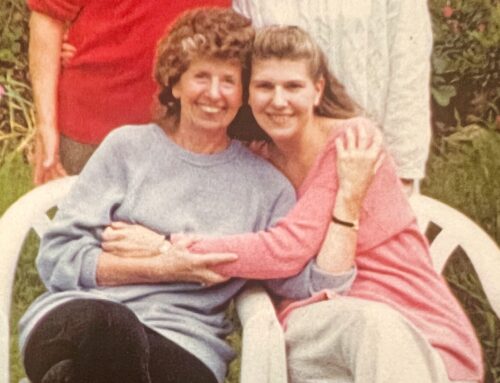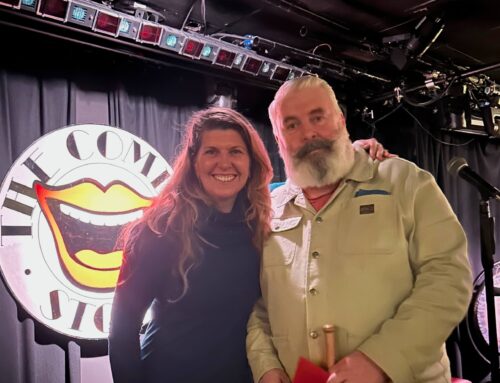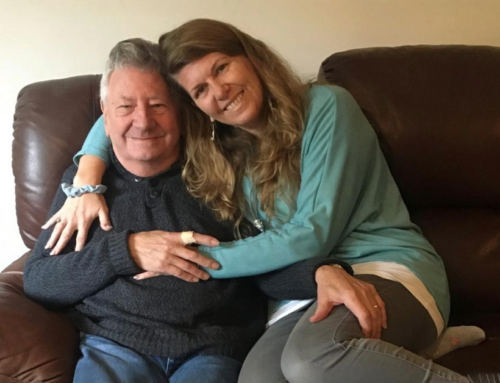
But what exactly is mindfulness, and how can it help you when you are in conflict with someone?
When we are at War with someone, we are often mind full – that is, our minds are full of thoughts and feelings about the other person, about ourselves or about the situation in general. With our heads already crammed with our conflict, our day already feels like hard work – and that’s before we’ve even tried to get creative about a work problem or make sure our presentation wows the board.
What is our mind full of? Well, when we’re at War, we will be typically working out the ‘meaning’ behind other people’s words or actions, we will likely demonise the person, exaggerate the facts, often then feel guilty (or justified) for having these thoughts and then we’ll fill the rest of our mind with plotting / worrying about the next time we see them, and imagining how the scene will pan out (or how we’ll sock it to them).
These thoughts and feelings that fill our minds when we are at War have something in common – they are always looking either at the past or at the future. They are never present moment thoughts. They can lead to depression, anger and resentment when we constantly look back, or fear, anxiety and worry if we spend too much time contemplating the future. These thoughts and feelings make up just about the most unresourceful emotional states it is possible to have, and their roots are not even in the present time.
So much for mind fullness – how about some mindfulness instead?
When we are mindful, our thoughts, feelings and reactions are present-moment based. There is little we can do about the past or the future – everything depends upon the actions and thoughts of the present, and yet we are so rarely there.
To be mindful is to bring our awareness to the things that are happening around us right now. To the feel of the chair you’re sitting on, to the sensation of thirst you’ve been overlooking for hours, to the smell of the flowers on your colleague’s desk, to the clack of your fingers on the keyboard. When we are being mindful, it is almost impossible to feel overwhelmed or out of control.
The good news is that you don’t have to live as a monk to use mindfulness practices. Neither do you need to go on any courses or read hundreds of books. All you have to do is notice when your mind is full (key signs are ruminating on conflict, worrying about the future or dwelling on the past) and simply spend 2 or 3 minutes bringing your attention to all the sensations around you in the present moment. That’s it. If even this feels like too much time to pause, just take a couple of breaths and notice the sounds and sensations as you do it – and bingo, you’re back in the present moment.
You don’t have to spend hours in this state, and you don’t need to be concerned if other thoughts pop into your head. Simply notice that you’re having those thoughts and bring your attention back to this moment – I’m typing, I’m walking up the stairs, it’s cold in here and notice your breath. You will immediately access a much more resourceful emotional state. With repeated use, this exercise will become easier and easier and you may find that you break the back of your mind fullness, starve your conflicts of the fuel you’d been pumping them with and be able to think and respond with a clearer head. By focusing on being in the present moment whenever you’re with the person you have been at War with and not bringing the baggage of what’s gone before, you may find yourself at Peace more easily than your full mind could ever imagine…
Over to you
What mindful practice would serve you? Do share your ideas with us by commenting below.
Do you know someone who could benefit from War to Peace?
If you know someone who is often mind full rather than mindful, our next open-access War to Peace workshop is on 20 March 2015. To book a space, click here.
P.S. Pass it on!
Found this useful? Then please share this article using the icons below.
Please leave your name and email address at the top or bottom of this page to receive more articles like this.
©Halcyon Global 2014







Leave A Comment